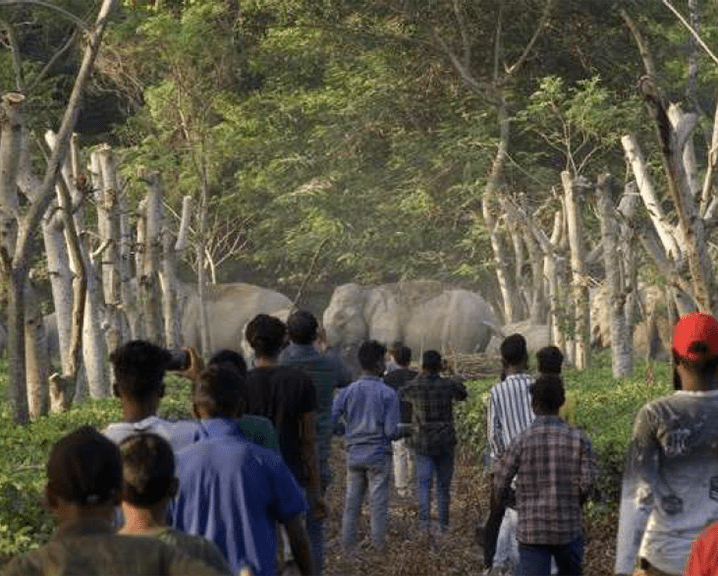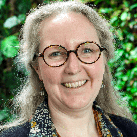Behavioural Insights Meet Conservation Science: Steering Human Behaviour to Protect the Environment

20 Jun 2024
16:30 -17:45
Times are shown in local time.
Open to: All

Room W2.01 (Cambridge Judge Business School)
Trumpington St
Cambridge
CB2 1AG
United Kingdom
Join us for a stimulating discussion on leveraging behavioural insights to promote environmental conservation

Human behaviour is at the core of many conservation challenges, from animal-human interaction to consumption patterns that cause habitat loss, to wildlife trade and poaching. The speakers from Rare’s Center for Behaviour and the Environment and TRAFFIC will share inspiring case studies where behaviour change made a real difference. The speakers will discuss the exciting potential of behavioural science for conservation.
The Behavioural Roundtable is a speaker series hosted by the El-Erian Institute. It serves to convene leading practitioners and researchers in the field of behavioural insights to share experiences from the field and discuss latest scientific insights.
This event will be moderated by Dr Malte Dewies, Research Associate, El-Erian Institute of Behavioural Economics and Policy.
Speakers
Gayle Burgess
Behaviour Change Programme Leader, TRAFFIC (a leading NGO working globally on trade in wild animals and plants)
Gayle Burgess has over 25 years of experience in applying behavioural science to conservation efforts. Since 2011, she has been working at TRAFFIC to ensure wildlife trade poses no threat to conservation efforts. Her work spans multiple continents and includes projects to influence consumer choices, reduce demand for endangered species, and improve enforcement strategies. Gayle has led formal training for governments worldwide and published her research in prominent journals such as Nature: Human Behaviour, and her work has been adopted by leading organisations such as the OECD and The World Bank-GEF GWP.
Philipe Bujold
Senior Behavioral Scientist, Rare Center for Behaviour and the Environment
Philipe is an applied behavioural scientist at Rare’s Center for Behaviour & the Environment, working to better understand and address environmental challenges through the lens of human behaviour. He works closely with NGOs and government partners to translate behavioural insights into scalable behaviour-change interventions, leading research and design on climate-smart agriculture projects, regenerative grazing, and sustainable fishing, among others. Philipe holds a PhD in behavioural neuroscience from the University of Cambridge, where he previously studied the neural algorithms that bias decision-making.



